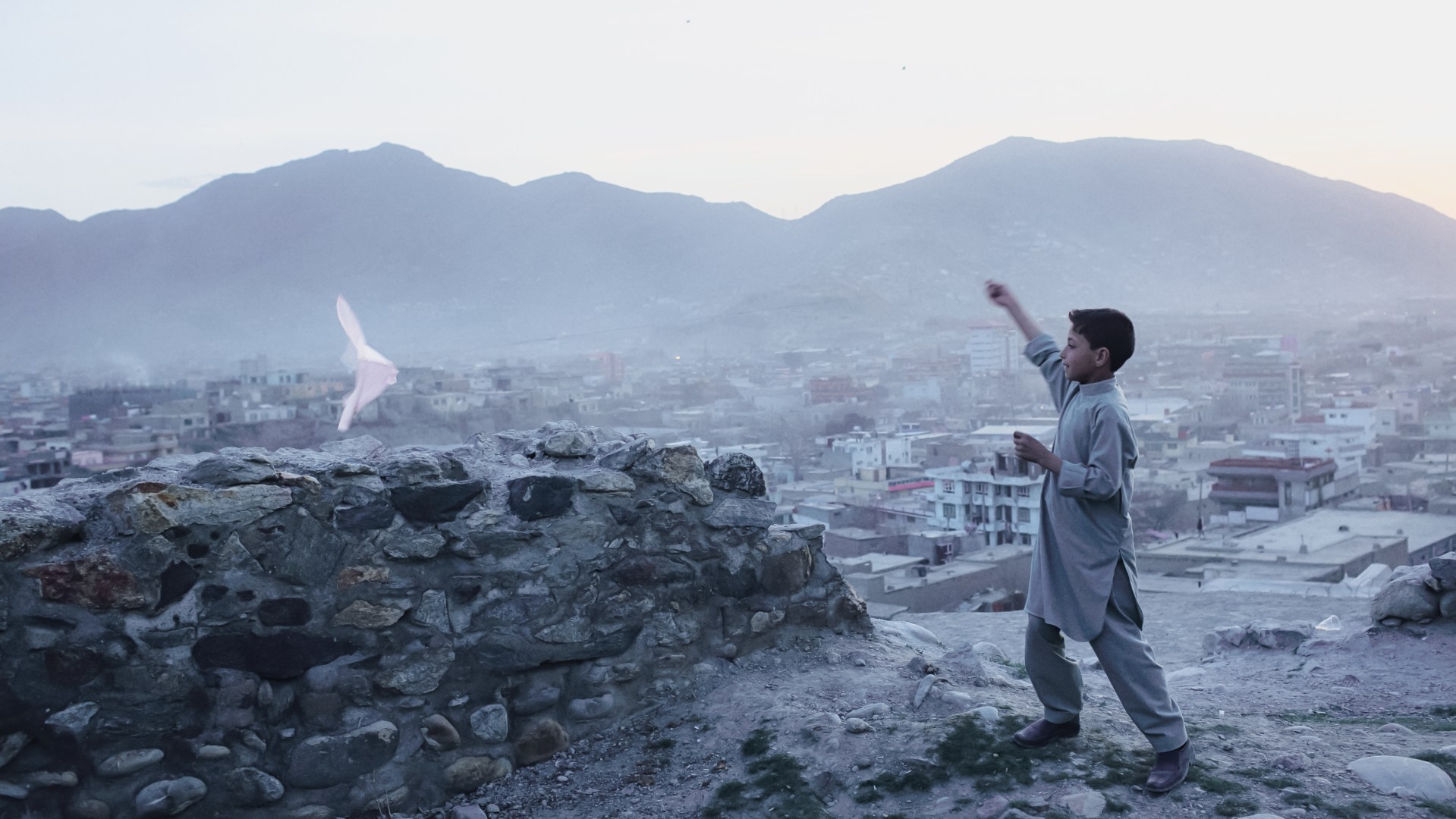Editor’s note: Our September issue went to press before the stunningly rapid fall of Afghanistan’s government to Taliban forces on August 15, 2021.
Twenty years ago on September 11, I was studying abroad, staring at CNN in the living room of a house in Costa Rica. Never had I felt farther from home. In that watershed moment of modern interconnectedness, I and hundreds of millions of people around the globe watched the second plane strike the World Trade Center in real time.
Heather Mercer was even farther from home that day. She and other aid workers were in a Taliban prison in Kabul, awaiting trial for allegedly proselytizing. Mercer would not hear of the attack for weeks, not until a British journalist was jailed alongside her and filled her in.
After 9/11, media outlets, including CT, called on Westerners to pay more attention to global news and learn about the world. Some of us did. But while technology has closed geographic gaps, it remains enormously difficult to see far-off issues and events for what they really are. Critical context shrinks to deceptively simple outlines, and we mistakenly think we know what we’re looking at. This obviously applies to Westerners observing a complex and distant place like Afghanistan. But it applies also to church outsiders learning about clergy abuse, to Democrats reading Republicans—even to our efforts to understand our own hearts, as the prophet Jeremiah noted (Jer. 17:9).
Media can help, but it very often does not. Headlines, tweets, and TikToks are distillations by necessity. Our news feeds tend to screen out pedestrian details about people like Heather Mercer and Afghan Christians going quietly about their days (unless they are captured by the Taliban).
On our cover, we chose to honor the history of faithful, unseen service in Afghanistan because God sees it, even when we don’t. “The Lord does not look at the things people look at,” God reminded Samuel (1 Sam. 16:7). Of course, the divine eye takes in the deeds of generals and presidents and terrorist masterminds. But it also finds potential where we do not, in mustard seeds that can be leveraged against mountains.
We need this reminder. Yes, the old call to pay attention to news still applies. But a greater task for Christians today may be to resist the temptation to view the world by the light of every headline pouring through manmade squares of metal and glass. We have come to expect omniscience, and that has dulled our capacity to hope in anything we cannot see. If there is an encouragement in our Afghanistan coverage this month, perhaps it is this: For every empire that rises and falls around us, there are thousands of servants going about good work over tea and acts of kindness, just out of view. Out of our view, at least.
Andy Olsen is print managing editor of Christianity Today. Follow him on Twitter @AndyROlsen.










